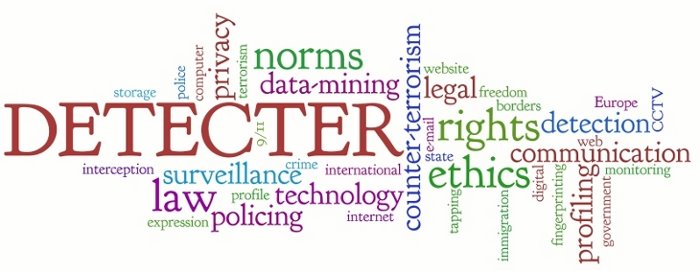She is not upset about her experience, concluding simply that 'the takeaway here is, if you have fake body parts, you should be prepared to explain them to the full-body screening folks at the TSA.' However, a number of comments left underneath her article report terrible experiences of insensitive, and wholly avoidable treatment. A selection:
"Wow, I thought I was the only one. TSA in Tampa held me on display for about 20 minutes while they tried to figure out was was on my chest. I was put through the full body scanner also sans shoes. After I was finished, I was told "DO NOT MOVE!" "Ok, but can I please have my sandals, they have already been scanned?" 'DO NOT MOVE." I suppose they were busy, scanning another woman's BARE FEET." Ok, they were having communication problems with the guys in the little room. I figured they were laughing so hard at the scan they could not respond. I am a 66 year old grandmother, the scan had to be really exciting. After 20 minutes the "gentleman" returned and announced to all who were within a 100 foot radius, "There is something on her left breast." They must be fixated on left breasts. At that point I realized they were talking about my breast prothesis. I am a breast cancer survivor. I explained this and was told "DO NOT MOVE!" At this time, the TSA moron told another that she would have to pat me down. No, would you please step into a private area, just pat her down. I offer to whip it out. He was not happy with that idea. I understand security, but please, a little consideration. Would they stop a man with a penal implant? Doubtful. After all, this was a bomb of a boob."
"Okay, I have to comment. I had the same problem. When they did a biopsy to diagnose my breast cancer, they inserted a few metal clips to mark the place of the tumor. Because I went out of state for my mastectomy and reconstruction, I had to fly. And I had the same thing happen. Stopped at security for setting off a metal detector (this was before the full body scans) and then "searched" with the wand right there in the airport, in front of everyone...and she kept waving it over my left breast (yeah - my left, too) and saying, "It's something here." I kept telling them it was probably the surgical clip. I finally had to take out my mammograms (I'd brought the films for my surgeon, and thankfully, they were in my carry-on) and show them it was just a clip. It helped that my neighbor, who works for TSA, showed up about then and told them he knew me."


